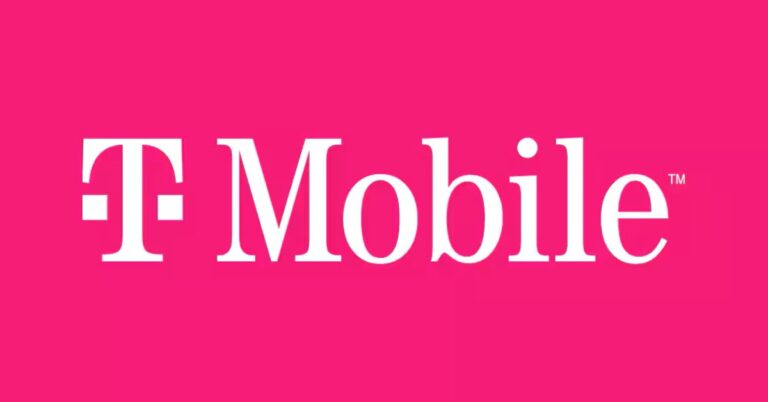The possible divestment is part of a larger restructuring effort by Kirkby, who assumed the role of CEO in February 2024, after serving on BT’s board since 2019. During BT’s annual results presentation in May, she outlined her vision to cut costs and simplify the company’s offerings, platforms, and processes. Kirkby emphasized the importance of “sharpening” BT’s focus by exploring ways to streamline its global business, thereby creating a more agile and simplified organization.
BT originally acquired Radianz from Reuters in 2005 for $175 million, as part of a larger $3 billion contract to provide network services to the media and financial information company. The unit now generates between £60 million and £70 million annually in earnings before interest, taxes, depreciation, and amortization (EBITDA), according to sources familiar with its financials. The estimated value of Radianz is believed to be in the low hundreds of millions of pounds.
Neither BT nor Citigroup has provided any public comments regarding the potential sale.
Radianz is currently housed within BT’s business division, which emerged from the 2022 merger of the company’s enterprise and global units. This division has faced challenges, with declining profitability and a 5% decrease in adjusted revenue to £1.9 billion for the quarter ending in June. Additionally, the division saw a 2% year-on-year drop in adjusted EBITDA to £378 million. The company attributed this performance to a decline in legacy managed contracts, a reduction in low-margin sales activities, and contraction within the portfolio unit, partially mitigated by ongoing cost-saving measures.
Kirkby has been vocal about BT’s ongoing efforts to modernize its portfolio and operations within the business division. This follows a November briefing by Bas Burger, CEO of BT Business, where he acknowledged that earlier growth forecasts had not been fully realized. Burger outlined plans to simplify and modernize the division in response to these challenges.
BT’s shares experienced a significant increase, rising by over 17% following the announcement of its annual results in May. The surge was driven by Kirkby’s announcement of a new £3 billion cost-saving initiative, an increase in the dividend, and improved cash flow projections. Alongside the potential sale of Radianz, BT has also been considering divestments of its operations in Ireland and Italy. Reports in July indicated that the company might sell its remaining Italian assets, which had been affected by past controversies, to various investment groups.
The company has also attracted notable telecom industry figures as shareholders, including Carlos Slim and Sunil Bharti Mittal, adding further interest to its ongoing restructuring efforts. BT is expected to provide additional updates on its performance and strategic plans when it releases its half-year results in November.




























